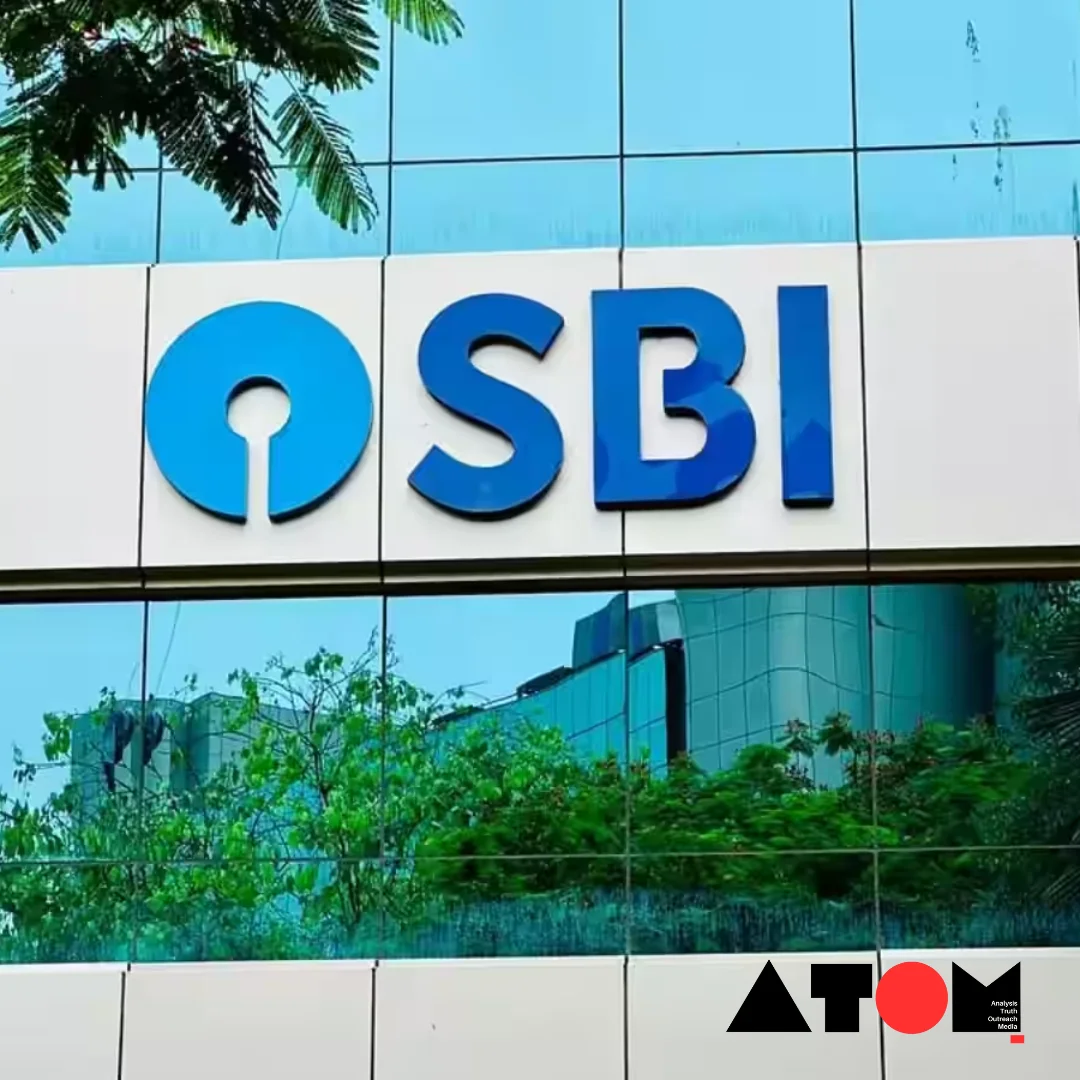The State Bank of India (SBI) has yet to provide the bill for printing 8,350 electoral bonds valued at Rs 1 crore each, despite the Supreme Court’s decision to invalidate the scheme in February. The delay in submission has prompted scrutiny and questions regarding the handling of electoral finances.
Outstanding Bill and Potential Financial Implications
The government may need to allocate Rs 43.90 lakh to settle the bill for the 30th phase of electoral bond sales conducted in January. With the uncertainty surrounding the fate of the electoral bond scheme, financial commitments to SBI remain unresolved, adding to the complexity of the situation.
Commission Levied on Electoral Bond Sales
The Department of Economic Affairs (DEA) has disclosed that a total commission of Rs 12.04 crore (inclusive of GST) has been imposed on the government as a result of electoral bond sales across 30 phases. Despite the legal challenges and controversies, financial transactions related to electoral bonds continue to have significant financial implications.
Expenditure Breakdown
An amount of Rs 1.9 crore has been attributed to printing electoral bonds, while an additional Rs 6,720 has been allocated for the procurement of security devices. These expenses, coupled with commission payments, underscore the substantial financial commitments associated with the electoral bond scheme.
Timeline of Key Events
The electoral bond scheme, which saw significant issuance of bonds ahead of the Lok Sabha elections, faced legal challenges culminating in its annulment by the Supreme Court. Despite expectations of scheme continuation, subsequent legal rulings have halted its operation, leading to financial uncertainties for stakeholders.
Analysis of Financial Contributions
The electoral bond scheme facilitated substantial fundraising efforts by political parties, with corporate entities and affluent individuals emerging as primary donors. The scheme’s suspension has disrupted financial inflows to parties, prompting reflections on the efficacy and transparency of political financing mechanisms.
Criticisms and Concerns Surrounding Electoral Bond Scheme
Critics of the electoral bond scheme have highlighted its opaque nature and the financial burden it places on taxpayers. Activists argue that the scheme facilitates undisclosed funding to political parties, raising questions about accountability and transparency in electoral financing.
Future Outlook and Regulatory Considerations
The invalidation of the electoral bond scheme has ignited discussions on electoral finance reform, with stakeholders advocating for greater transparency and accountability. Regulatory bodies may explore alternative mechanisms to ensure fair and transparent financing practices in the political arena.
Read more: Marketing News, Advertising News, PR and Finance News, Digital News





